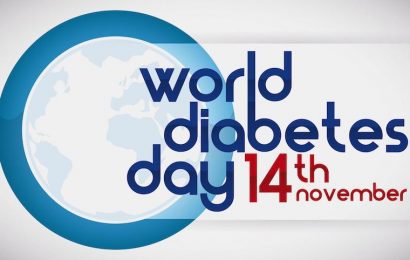Well, that didn’t last long.
Afrezza, the inhaled insulin that was approved by the U.S. Food and Drug Administration (FDA) in 2014 after years of anticipation, was abandoned last month by the drug company marketing it — Sanofi — after a measly $5 million in sales during the first nine months of 2015. To put that number in perspective, this is a product that cost $1.8 billion to develop, and that Sanofi paid $925 million for the right to market.
Now, Sanofi is seeking to back out of that marketing deal (an option that was surely part of the original agreement). The company that developed and owns Afrezza, MannKind Corp., has announced that it will seek a new marketing partner. But it remains doubtful that any other company will find a reason to believe it can market the drug better than Sanofi did.
So why did Afrezza fail so miserably? And what does this say about the future — if there is one — of inhaled insulin?
A recent article at MedPage Today sought the opinion of several experts on why Afrezza wasn’t a success. These experts included doctors at various hospitals and medical schools, only one of whom has actually prescribed Afrezza. While that doctor noted that Afrezza was a major improvement over its predecessor, Exubera, most of the others saw no need to prescribe inhaled insulin to their patients.
One doctor surveyed in the article, based in Denmark, noted that none of his patients seem to mind administering insulin by injection, and that the long-term safety of inhaled insulin has not been established (some data suggest that Exubera may have slightly raised the risk of lung cancer, after a relatively short period of people using it). This safety concern was echoed by an American doctor, who also remarked that inhaled insulin has limited usefulness because most people with Type 2 diabetes who need insulin take a basal, or long-lasting, insulin (a concern that we noted last year here at Diabetes Flashpoints). Afrezza, by contrast — like Exubera before it — is designed to work quickly and for a short duration, in order to reduce postmeal blood glucose spikes. This means that unlike a basal insulin that’s injected once daily, Afrezza must be taken around the time of every meal.
What’s your take on the failure of Afrezza — did you use this inhaled insulin, or Exubera before it? How did it work for you? Are you worried about the long-term lung risks that may be associated with using inhaled insulin? Would you switch to inhaled insulin if it could be shown to be safe for long-term use? If you currently take a basal (long-acting) insulin only, would you find an inhaled insulin useful if it has a similar long-lasting effect? How annoying or painful do you find insulin injections? Leave a comment below!





